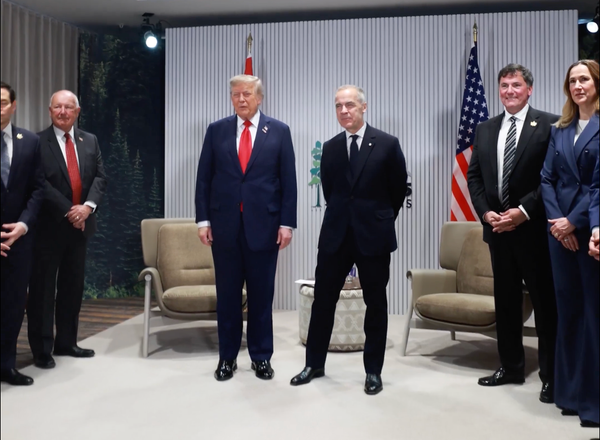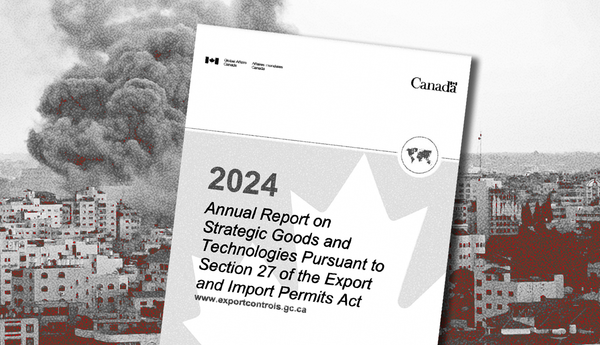Two Liberal MPs in the Toronto area have broken ranks with the Trudeau government regarding Israel’s assault on Gaza, endorsing an arms embargo on Israel until it complies with international law.
As of March 11, Israel’s attacks have killed more than 31,000 people in Gaza, including 12,300 children, according to Palestinian health officials. Another 8,000 people are believed to be buried under rubble.
Meanwhile, the Israeli military continues to impede deliveries of humanitarian aid entering the besieged enclave, and has repeatedly fired on aid trucks.
On March 5, a coalition of Palestinian-Canadians with family in Gaza and lawyers and human rights advocates filed a lawsuit against Foreign Affairs Minister Mélanie Joly, arguing that military exports to Israel violate Canadian and international law.
Davenport MP Julie Dzerowicz announced her support for suspending Canada’s arms exports to Israel in a statement published on March 1. The statement was an update of an earlier version that did not include such a call.
In the updated statement, Dzerowicz acknowledged that she’s had “many” constituents contact her office calling for an end to arms exports to Israel, sanctions on Israel and severing diplomatic ties with the state.
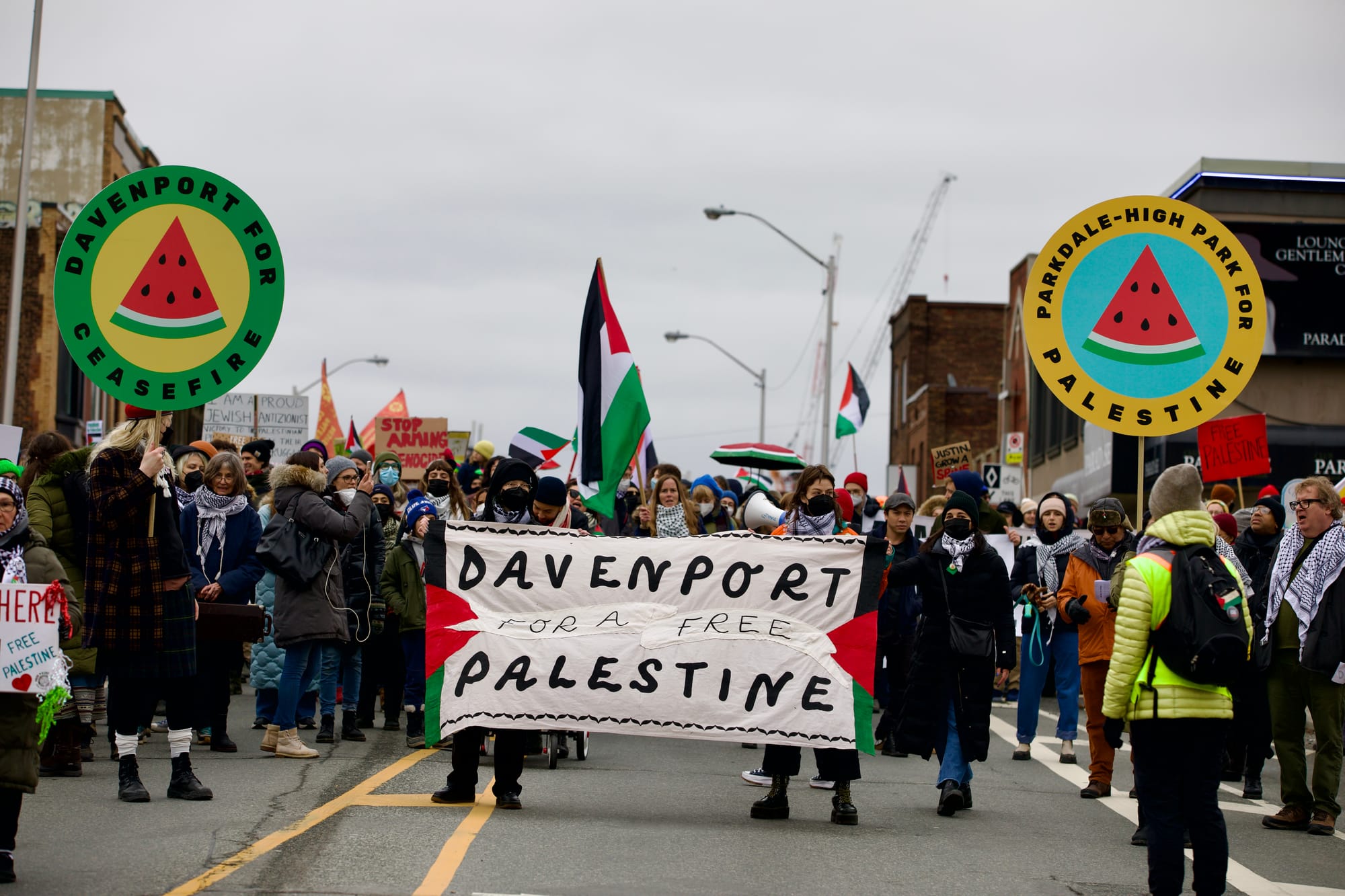
Dzerowicz approvingly cited the Office of the United Nations High Commissioner for Human Rights’ February 23 statement calling for an immediate halt on all arms exports to Israel. “I support their calls for an arms embargo,” Dzerowicz said.
The Maple reached out to the 23 Liberal MPs who signed an October 17 petition calling for an immediate ceasefire in Gaza two months before Prime Minister Justin Trudeau did, asking whether they share Dzerowicz’s position on arms exports to Israel. Dzerowicz was not a signatory to the October petition.
The only response came from Beaches-East York MP Nathaniel Erskine-Smith, who provided a link to a February 17 post on his Substack newsletter calling for Global Affairs Canada (GAC) to review whether or not Canadian military exports to Israel comply with the international Arms Trade Treaty, to which Canada is a signatory, and the domestic Export and Import Permits Act (EIPA).
EIPA stipulates that military export permits cannot be granted if the products “could be used to commit or facilitate a serious violation of international human rights law […] or serious acts of violence against women and children.”
“As Global Affairs reviews and reconsiders its position, we should pause any further exports for the foreseeable future,” Erskine-Smith added in his email to The Maple.
Three other Liberals — Shafqat Ali, Joël Lightbound and Canada-Palestine Parliamentary Friendship Group chair Salma Zahid — have entertained the possibility of supporting an arms embargo in the wake of the International Court of Justice’s (ICJ) preliminary ruling that Israel is plausibly committing genocide in Gaza, as has Bloc Québécois Leader Yves-François Blanchet. None of these MPs, however, have publicly endorsed an arms embargo.
The federal NDP has explicitly called for an end to arms sales to Israel since May 2021, when Israel launched a previous assault on Gaza. That position is also shared by the Green Party.
Evolving Positions On Arms Exports To Israel
In an earlier statement on the topic, Dzerowicz cited comments from minister Joly, who misleadingly claimed that “Canada does not provide any arms or military equipment to Israel,” an apparent reference to direct military aid transfers, which Canada does not provide.
Regarding military exports from private companies, Dzerowicz quoted GAC’s often-repeated line that the ministry has not received or approved any applications for permits to export “full weapon systems” to Israel, and described all newly authorized permits for military exports to Israel as being for “non-lethal” goods.
Arms-monitoring experts and human rights advocates have panned that description as legally meaningless, noting that “non-lethal” could refer to components of deadly military hardware.
As The Maple was the first to report, Canada has approved at least $28.5 million in military exports to Israel since October 7.
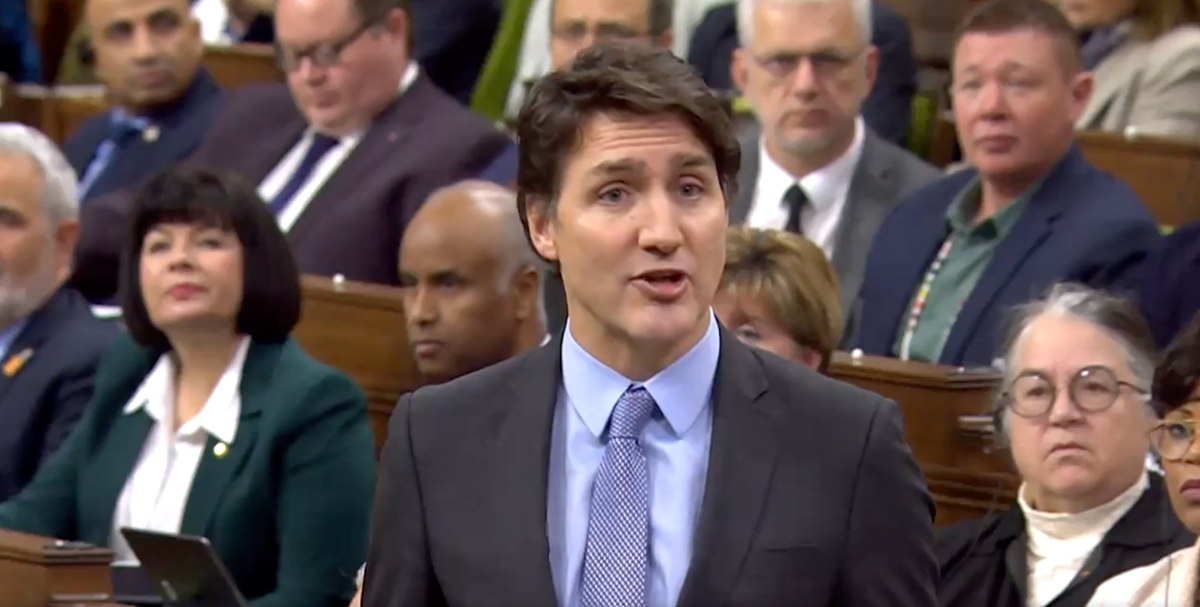
In her February 2 statement, Dzerowicz said: “I do not support arms exports to non-NATO or non-democratic countries.”
This would exclude two-thirds of the top 12 non-U.S. destinations for Canadian military exports in 2022 — Saudi Arabia ($1.1 billion), India ($54.8 million), Qatar ($49.2 million), Ukraine ($47.5 million), South Korea ($42.5 million), Australia ($41.6 million), Taiwan ($30 million) and Japan ($28.7 million).
Dzerowicz has publicly expressed support for sending Canadian military aid to Ukraine and supports the country’s war effort. Dzerowicz’s comment about not supporting exports to non-NATO countries was not included or addressed in the latest version of her statement, and her office did not respond to questions from The Maple about it last month.
In addition to Canada’s military exports to Israel, the Canadian military announced in December that it planned to buy $43 million of Spike LR2 guided missiles from Israeli state-owned firm Rafael Advanced Defense Systems for Canadian troops stationed in Latvia on a NATO mission.

The missiles, which spread tiny cubic fragments up to 20 metres away from their blast sites, are believed to have been used by Israeli forces in attacks on Gaza in 2008/09, 2014, 2021 and in the ongoing war on the besieged strip.
Neither Dzerowicz nor Erskine-Smith responded to a question from The Maple about whether they support an embargo on imports as well, which anti-war groups argue fuel Israel’s war machine.
A Turning Tide
Michael Bueckert, a spokesperson for the advocacy group Canadians for Justice and Peace in the Middle East (CJPME), told The Maple that Dzerowicz and Erskine-Smith’s evolving positions are reflective of a “growing divide within the Liberal Party.”
He explained that the divide is between “those who are closer to the leadership’s position, which is quite pro-Israel and has been for many years, and those who want to see Canada take a more proactive approach and be supportive of promoting human rights in Palestine.”
“The facts on the ground are so severe, I think that it’s increasingly hard for the government to maintain some of its positions,” Bueckert added, noting that the ICJ’s ruling that Israel must take steps to prevent genocide risks making Canada an accomplice to genocide.
At the same time, he noted, there’s been “incredible grassroots outrage and mobilizing” in support of the Palestinian cause, creating “local pressures” that MPs have to contend with.
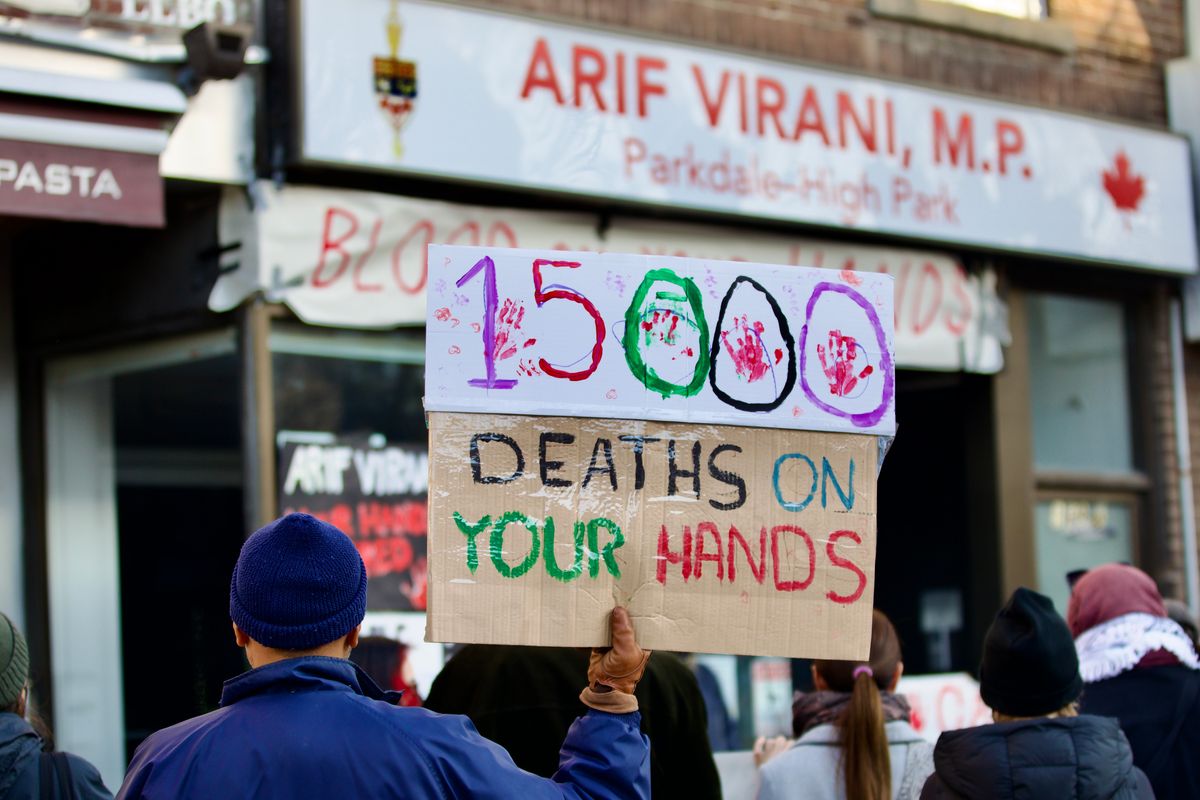
A major barrier to more Liberal MPs endorsing an arms embargo is that the Canadian government denies it’s selling arms to Israel at all, which Bueckert calls a “strategy of deliberate misinformation.”
For a Liberal MP to endorse a ban on arms sales, they would effectively have to accuse their party leadership of lying — a risk Bueckert says is likely part of their calculations.
“It’s interesting that Canada’s response is obfuscation and not just owning their policy,” he said. “Canada doesn’t say that it’s proud of its military trade with Israel but tries to pretend that it doesn’t exist. That sends a message to me that they’re on the defensive about it, which means that they are open to public pressure.”
A Lesson From Mulroney?
Bueckert noted that during the first Palestinian Intifada, which lasted from 1987 to 1993, the conservative government of the late prime minister Brian Mulroney effectively imposed a two-way arms embargo on Israel, which former Canadian diplomat Andrew Robinson said was “very likely […] directly related to Canadian concerns about Israel’s actions.”
Mulroney was a staunch supporter of Israel who contended that supporting Israel was morally equivalent to opposing apartheid in South Africa, ignoring the African National Congress’ historic support for Palestinian liberation.
Last October, Mulroney called on the Canadian government to offer its “complete, blanket support for Israel,” which he identified as an “innocent victim” in the wake of Hamas’ attack on southern Israel. The attack resulted in the deaths of approximately 700 civilians in Israel, along with hundreds of military and security personnel.
But as prime minister, Mulroney often clashed with his foreign affairs minister, Joe Clark, who was critical of Israel’s suppression of the Palestinian uprising. The data, as detailed in an April 2022 CJPME report, suggests that Clark won that internal debate.
“Good policy can come from unexpected places, and it might just be historical circumstance. We may even see a Trudeau government faced with historical circumstances such that it ends up making the right decision at some point, but we haven’t gotten there yet,” Bueckert said.
Jeremy Appel is an independent Edmonton-based journalist and the author of Kenneyism: Jason Kenney’s Pursuit of Power.






